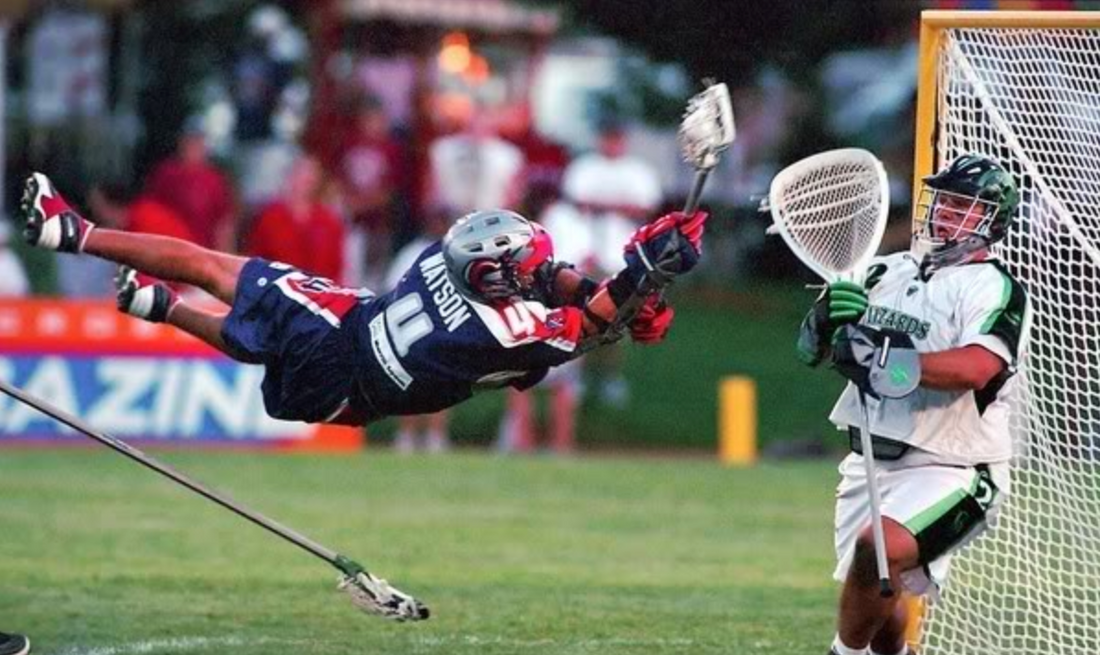We talk about what we do and how we do it in our lives and performance domains. When we ask questions, they typically entail the “what” and “how”. We inquire about getting better, working through a problem, learning a new skill, and how to be ourselves, as a few examples. The focus is often shifted towards the doing of an action and doing more. Currently, we’re surrounded by a world that pushes on the ‘do more, and more, and more, and then even more’. Often, subconsciously, we equate doing more with being more. It’s a sticky place to be. We praise business and exhaustion without understanding why we behave, think, and act the way that we do.

When we learn something new, we frequently focus on the outcome and sometimes we focus on the process. Very rarely do we hit on the identity piece of ‘who I want to be’. Which, inevitably, leaves us feeling depleted, exhausted, unmotivated, distressed, and maybe even a little lost. So, how often do we focus on the why, or OUR own why?
I don’t mean ‘why’ in the sense of challenging or discrediting actions or decisions. The ‘why’ in this context is showing up in the form of what your values are and what your personal philosophy is. With clarity around our values and our why, we can tap into our personal philosophy. It stands as a simple word or phrase that influences and guides what we stand for, what actions we take, and what our thoughts are. We can build upon it from our favorite phrases, our favorite words, what we value in ourselves, what we value in relationships, what our beliefs are, how we want to show up everyday etc (just a few ideas to get you started).
Can you take a moment and clearly state or write down your top 3 – 4 values? Can you verbalize what those particular values mean to you? Can you get down to the behaviors that you enact to live by those values?
If you have it, great. If not, great. In both circumstances, there is time to create, reflect, adjust, or renew. Our values are in the here and now and are dynamic in the way that they adjust throughout our lives. That’s the great thing about them, they’re unique to YOU and the HERE and NOW.
With uncertainty of our values, or when we have yet to explore what they are to us, we can experience incongruence and distress within our decisions and behaviors both on and off the field, court, or stage. We’re left without something to base or direct our decisions and ideas off of. Our connection to our identity and enactment of our values is blurry. We may lose some sense of our purpose and what we stand for, or why we do what we do, or why we love what we love.
Development of and connection to our values is a powerful source in our identity, wellbeing, behavior, and performance. Through exploration of our values, definition of those values in our own words, and why those values are selected, we have a source to reflect on who we are, what success means to us, and what our vision of success is. Not someone else’s vision that was placed upon us (which can be challenging to decouple from). Identification of our values also serves as a concept and source that we can draw from. That we can build upon. That we can return to in moments of success, uncertainty, setbacks, and everyday life. It propels our trust in ourselves. It leads us to live in alignment with ourselves.
The great thing about our values and personal philosophy statement is that they grow with us and are always within us. They reside within the present moment and ground you into your authentic being. They serve as personal guiding tools where we can align our internal experiences and actions. We all have a statement that defines our experiences, it’s a matter of putting words to it, exploring it, and adjusting it as needed.
Put your values and personal philosophy statements into action and let them be challenged. Through challenge we get a glimpse into the truth of our statements and values. Through action we open the door to self awareness, fulfillment, alignment, enjoyment, and stronger performances.
Jenny Simmons
Mental Performance Coach
University of Denver MA Sport and Performance Psychology
References:
- Simon. (2014). How Great Leaders Inspire Action [Video File]. Retrieved from: https://www.ted.com/talks/simon_sinek_how_great_leaders_inspire_action?language=en
- Gervais. (2018). Living in alignment with your personal philosophy. Retrieved from https://findingmastery.net/living-in-alignment-with-your-personal-philosophy/
M. Aoygai. (2019). Entrepreneurship, University of Denver SPP.
